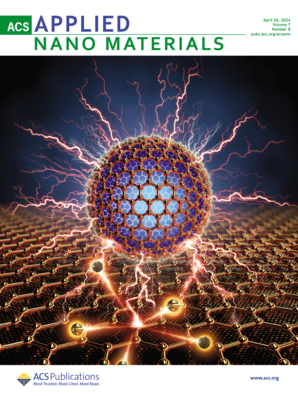应用于种植体支持固定全口义齿的功能分级陀螺型三周期最小表面框架
IF 5.3
2区 材料科学
Q2 MATERIALS SCIENCE, MULTIDISCIPLINARY
引用次数: 0
摘要
钛合金,尤其是 Ti6Al4V,常用于构建种植体支持的全口固定义齿(IFCD)框架,但其比强度和冲击韧性较差。三周期最小表面(TPMS)多孔结构具有比强度高、重量轻、可吸收冲击和能量等优点。因此,本研究采用了功能分级 TPMS 多孔结构来设计 IFCD 的框架。研究设计了九种基于 TPMS 的径向梯度变化晶格结构。有限元分析和实验结果表明,相对密度从中心向外增大,单元尺寸从中心向外减小。与其他梯度多孔结构类型相比,B-I 多孔结构具有最高的强度和冲击韧性。此外,与实心框架相比,采用 B-I 多孔结构的 IFCD 框架重量减轻了 50%。与相同重量的空心框架相比,B-I 框架在正常咀嚼条件下的最大等效应力降低了 42.81%,且不会发生塑性变形。因此,B-I 框架符合日常咀嚼的机械性能要求,与传统结构相比具有更优越的机械性能。本文章由计算机程序翻译,如有差异,请以英文原文为准。
A functionally graded gyroid-type three-periodic minimal surface framework applied to implant-supported fixed complete dentures
Titanium alloy, particularly Ti6Al4V, is commonly used for constructing the framework of implant-supported fixed complete dentures (IFCDs) but exhibits poor specific strength and impact toughness. Three-periodic minimal surface (TPMS) porous structures have the advantages of high specific strength, lightweight, and shock and energy absorption. Therefore, the functionally graded TPMS porous structure was adopted to design the framework for IFCDs in this study. Nine types of TPMS-based lattice structures with radial gradient variations were designed. Finite element analysis and experimental results indicate that the relative density increases outward and the cell size decreases outward from the center. The B-I porous structure has the highest strength and impact toughness compared to other gradient porous structure types. Moreover, the IFCD framework, utilizing the B-I porous structure, exhibited a 50% reduction in weight compared to the solid framework. When compared to the hollow framework with the same weight, the B-I framework demonstrated a 42.81% lower maximum equivalent stress under normal chewing conditions without undergoing plastic deformation. Therefore, the B-I framework meets the mechanical performance requirements for daily chewing and exhibits superior mechanical properties over conventional structures.
求助全文
通过发布文献求助,成功后即可免费获取论文全文。
去求助
来源期刊

ACS Applied Nano Materials
Multiple-
CiteScore
8.30
自引率
3.40%
发文量
1601
期刊介绍:
ACS Applied Nano Materials is an interdisciplinary journal publishing original research covering all aspects of engineering, chemistry, physics and biology relevant to applications of nanomaterials. The journal is devoted to reports of new and original experimental and theoretical research of an applied nature that integrate knowledge in the areas of materials, engineering, physics, bioscience, and chemistry into important applications of nanomaterials.
 求助内容:
求助内容: 应助结果提醒方式:
应助结果提醒方式:


